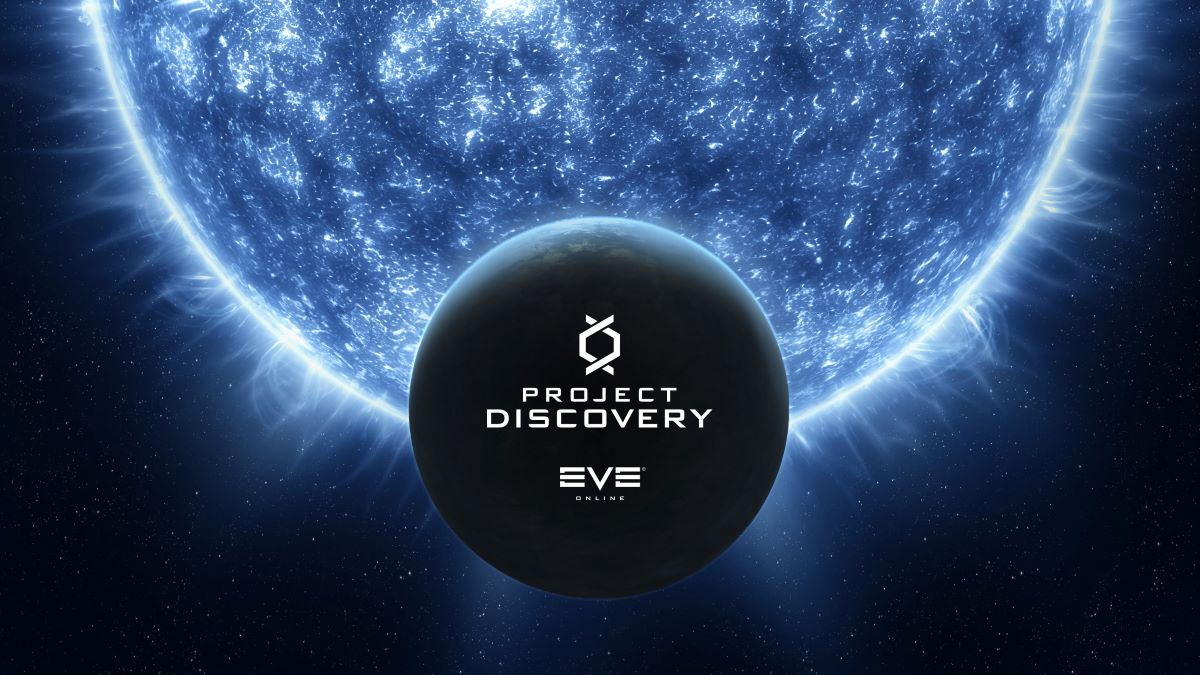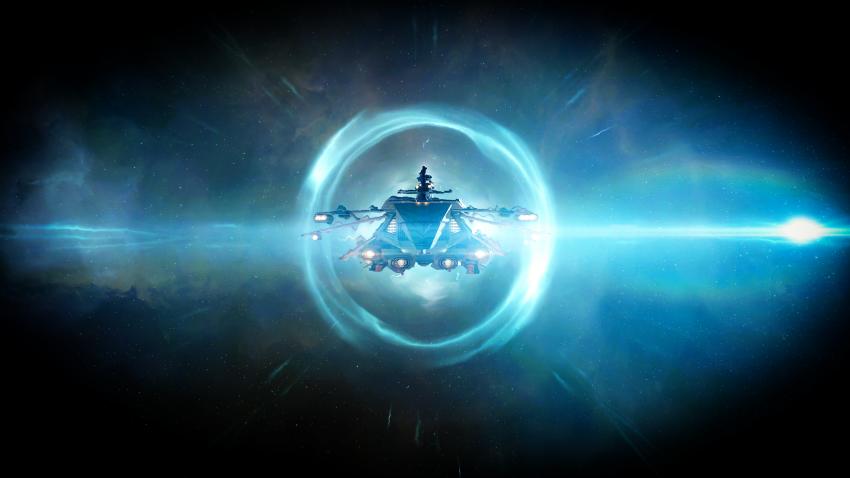EVE Online has recently launched Phase Four of Project Discovery, its citizen science initiative that engages players in data analysis and research.
This project has already seen players contribute hundreds of years’ worth of research data, with previous phases including studies on COVID-19. The current phase focuses on cancer research.
Project Discovery has had four phases, each involving different research topics: proteins in human cells, exoplanet discovery, COVID-19 research, and now cancer research.
Players who participate in Project Discovery are given data to analyze through a minigame, which rewards them with in-game currency and items.
Researchers emphasize that this data requires human cognitive abilities to interpret, rather than machine processing alone.
GamesBeat spoke with several key figures involved in the development and launch of Project Discovery.
Attila Szantner, CEO of Massively Multiplayer Online Science and credited with the original concept, explained, “What we’ve demonstrated with Project Discovery is that players address the engagement challenge in citizen science and provide vast amounts of high-quality data for researchers. Additionally, citizen science serves as a powerful tool for discussing scientific topics.”
Bergur Finnbogason, EVE Online’s creative director, added, “We introduced incentives and narratives to encourage participation.

Eve Online Project Discovery
After a few months, we found that while some players were motivated by rewards, many others participated out of a sense of pride and the desire to contribute.
There was also significant discussion outside of Project Discovery, where participants debated data points despite not being scientists.”
Dr. Ryan Brinkman, a Distinguished Scientist at BC Cancer Agency and the University of British Columbia, detailed the player contributions: “In the previous phases, gamers analyzed flow cytometry data, which pertains to immune system studies.
Players identified different cell types in blood samples.” He explained that the advantage of involving gamers lies in their numbers.
“We compared the performance of scientists analyzing data to that of hundreds of gamers. By leveraging the collective effort of many players, we developed bioinformatics methods to determine the most accurate solutions.
Gamers outperformed scientists in this context due to their greater numbers.”
Jerome Waldispuhl, Associate Professor of Computer Science at McGill University, noted, “Project Discovery empowers players by allowing them to contribute to science, highlighting that games can play a crucial role in future scientific research.
This community’s involvement is changing societal perceptions of the value of gaming in advancing science.”









































